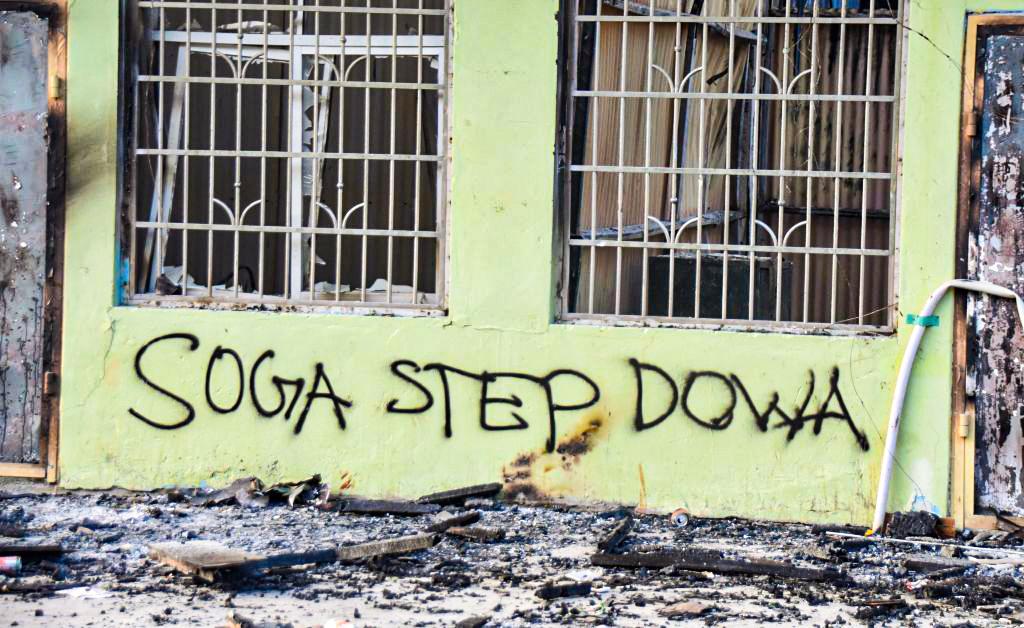Matthew Wale, the prominent opposition party leader in the Solomon Islands, claims to have warned Australian officials in 2021 that Beijing and the Sogavare government were working on a military deal that would allow the People’s Liberation Army to base assets in the region.
The deal, which surprised officials last week, was revealed after it began circulating online on March 24. It could open the door for Chinese security personnel, including police, soldiers, weaponry, and naval ships, to be stationed in the Pacific nation—based just 1,700 kilometers from the northern Australian city of Cairns.





